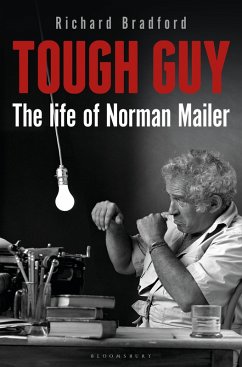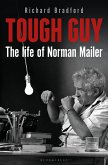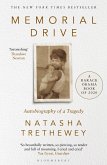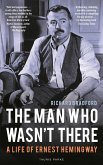The first biography to examine Mailer's life as a twisted lens, offering a unique insight into the history of America from the end of World War II to the election of Barack Obama.
Twice winner of the Pulitzer Prize, firstly in 1969 for The Armies of the Night and again in 1980 for The Executioner's Song, Norman Mailer's life comes as close as is possible to being the Great American Novel: beyond reason, inexplicable, wonderfully grotesque and addictive.
The Naked and the Dead was acclaimed not so much for its intrinsic qualities but rather because it launched a brutally realistic sub-genre of military fiction - Catch 22 and MASH would not exist without it. Richard Bradford combs through Mailer's personal letters - to lovers and editors - which appear to be a rehearsal for his career as a shifty literary narcissist, and which shape the characters of one of the most widely celebrated World War II novels.
Bradford strikes again with a merciless biography in which diary entries, journal extracts and newspaper columns set the tone of this study of a controversial figure. From friendships with contemporaries such as James Baldwin, failed correspondences with Hemingway and the Kennedys, to terrible - but justified - criticism of his work by William Faulkner and Eleanor Roosevelt, this book gives a unique, snappy and convincing perspective of Mailer's ferocious personality and writings.
Twice winner of the Pulitzer Prize, firstly in 1969 for The Armies of the Night and again in 1980 for The Executioner's Song, Norman Mailer's life comes as close as is possible to being the Great American Novel: beyond reason, inexplicable, wonderfully grotesque and addictive.
The Naked and the Dead was acclaimed not so much for its intrinsic qualities but rather because it launched a brutally realistic sub-genre of military fiction - Catch 22 and MASH would not exist without it. Richard Bradford combs through Mailer's personal letters - to lovers and editors - which appear to be a rehearsal for his career as a shifty literary narcissist, and which shape the characters of one of the most widely celebrated World War II novels.
Bradford strikes again with a merciless biography in which diary entries, journal extracts and newspaper columns set the tone of this study of a controversial figure. From friendships with contemporaries such as James Baldwin, failed correspondences with Hemingway and the Kennedys, to terrible - but justified - criticism of his work by William Faulkner and Eleanor Roosevelt, this book gives a unique, snappy and convincing perspective of Mailer's ferocious personality and writings.









